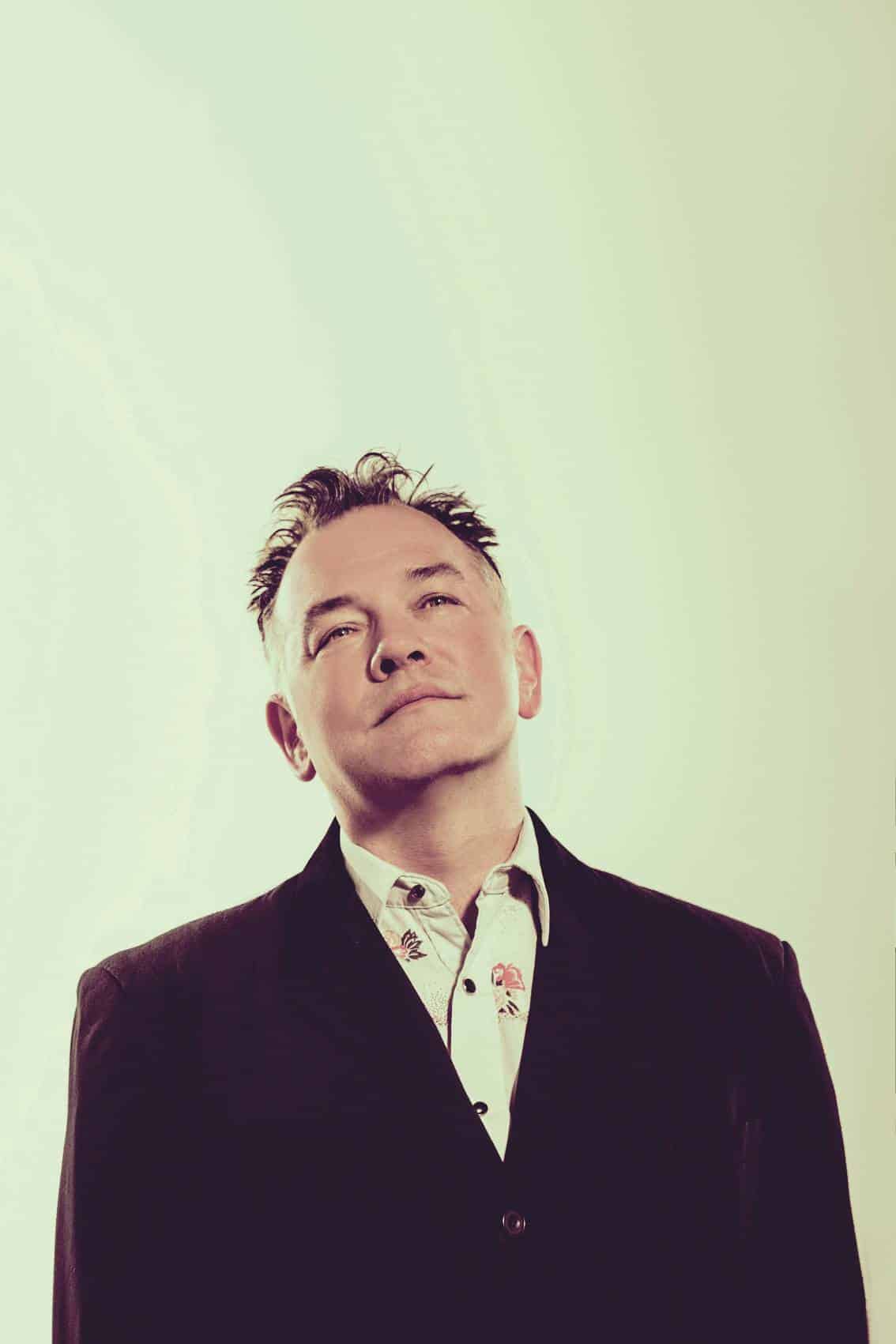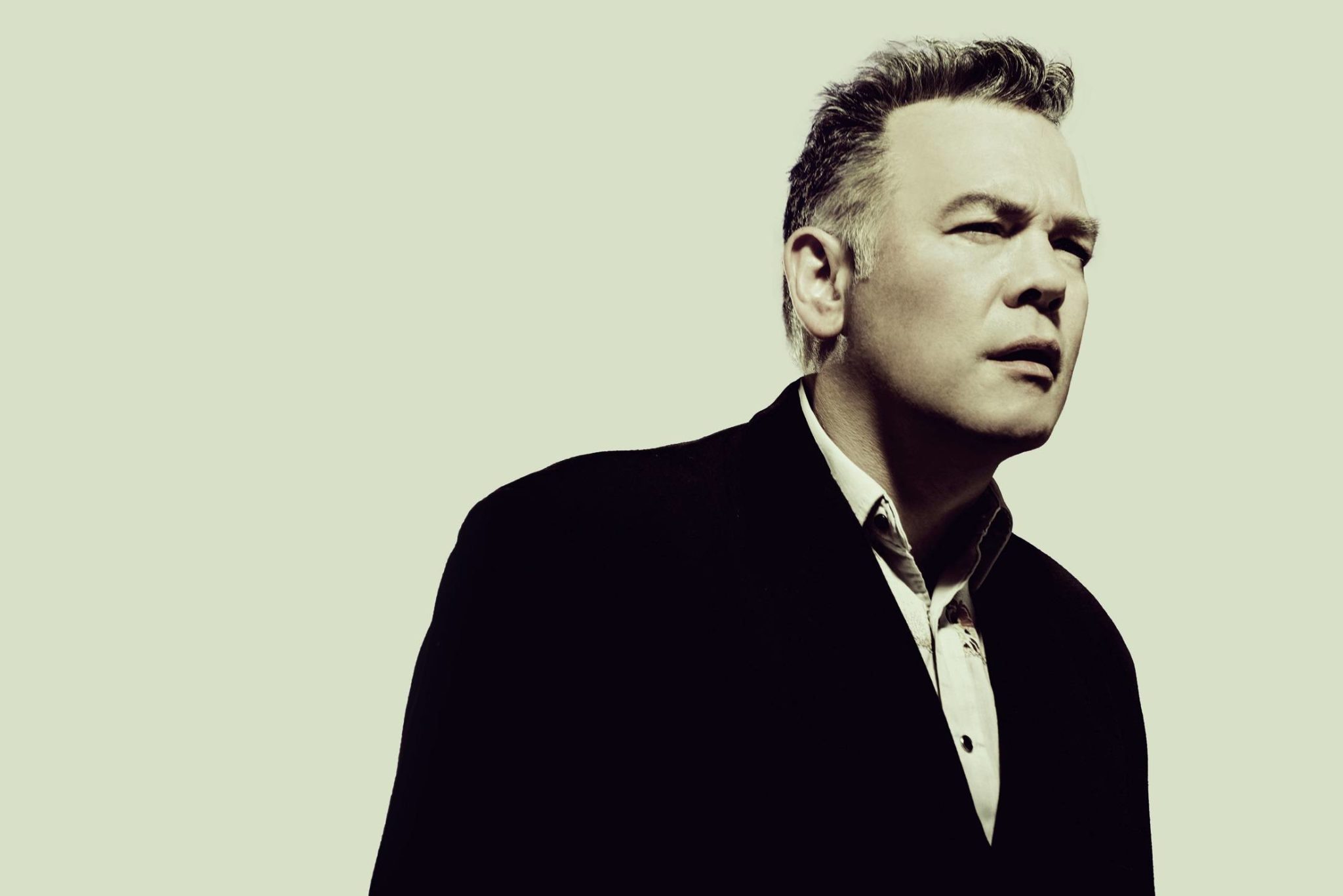You’ve been a stand-up for 28 years and you’ve won every award going. How do you find the will to keep doing it?
Well, duty to the kids drives me forward, and it’s all I can do. I write more material than any other comparable stand-up, and I cover a lot of ground on the tours every year, but I am getting worn out. I started writing the new show in June and then Brexit happened, and obviously you can’t not mention it, but I found myself staying awake for about a week trying to work out what was going on so I could work it into the set. Brexit and (Donald) Trump have made comics’ lives hard. How people are behaving is beyond satire, so what do you satirise?Â
Your new live show is called Content Provider. Will it be the same as your BBC Two series, Comedy Vehicle?Â
It’s very different. Comedy Vehicle was four series of six 30-minute self-contained sets. This is one two-hour through line, although I’ve had to keep the ideas and structure a little less rigid than usual to cope with the sudden surges in news events. There is also an apparently meaningless set which is actually very subtle and cleverly linked to the themes of the show in a way which becomes clear over the evening. It is made entirely from the second-hand DVDs of other stand-up comedians, none of which I paid more than 10p for. Other comedians’ DVDs are currently the cheapest building material in the world.
Your BBC Two show was cancelled in February after ten years and four multi-award-winning series. Were you surprised?
Not really. The BBC is facing massive cuts due to the government trying to systematically dismantle it, so something had to go from the comedy slate. Also, I’d done about all I could with that format. The truth is, financially I am better off touring with that amount of material for two years, and making a live DVD and then selling it to Netflix than I am giving more material away to BBC Two for less money. I am 48 with two kids and doing a job with no pension plan, so I need to be realistic about making hay while people want to have my hay.
You’ve been described as ‘the comedian’s comedian’. Is that flattering?
I don’t think it’s the case. Most of the younger comedians seem to hate me, I think, and because I’m not really on the club circuit any more and do my shows in theatres, I’m not part of any community, and none of the new ones know or see my stuff anyway, which is good I suppose, because if they did they would give up!
What advice do you have for young people trying to be comedians?
Well, it’s the same as with acting or music. It isn’t like 30 years ago. If you’ve got rich parents you might be ok. If you haven’t, don’t bother. Every loophole that allowed people to subsist financially while working out their schtick has been closed and all the opportunities are controlled by the same production companies. It’s a closed shop now that is only open to the wealthy anyway. Do something else.
What are the key things you try to achieve on stage?
I try to make sure something happens every night that is unique to that performance, and that the audience is special, or at least to give the impression that those things are the case. I try to make it feel LIVE and not like TV. I try to make people work. I hope I achieve at least one moment of incoherent hysteria.Â
 Who are your comedy heroes and why?
Who are your comedy heroes and why?
Ted Chippington showed me you didn’t have to be an entertainer as such. Lennie Bruce, Bill Hicks, Bridget Christie – for making serious things funny. Daniel Kitson – for his work ethic and wearing his heart on his sleeve whilst being very silly. Kevin McAleer – the all-time great of the absurd. Nish Kumar – the future in a shape I still recognise as being what Alternative Comedy was supposed to be. Dave Allen – who I loved when was a kid.
You started out with Richard Herring as a double act. Will Lee and Herring ever reunite?
The problem is there is no financial incentive, as I can do better on my own for numbers without splitting the fee. Also, the double act was predicated on an adolescent relationship that no longer holds water. The rehearsal and writing time required to get it back to an acceptable standard of mediocrity would not be justifiable in terms of it preventing me from doing other contemporary work, or doing childcare. I imagine it might be possible when we are in our 70s or 80s, which would be funny.
Have you been to Tunbridge Wells before? If so, what do you like or dislike about it?
I have been to Tunbridge Wells to perform maybe a dozen or more times. One of the gigs I did here once wasn’t great – all the others were fine. The novelist Dan Rhodes is from Tunbridge Wells, and I have a friend who lives here who’s a photographer. One of the good things about touring is catching up with people.
What are your plans for the future?
Well, I’m touring this Content Provider show until 2018. I’m supposed to be making a folk rock album with the group Trembling Bells at some point. I wrote a comedy-drama about Brexit in September that is currently with a production company trying to find someone who’ll pay to make it. I’ll write another book for Faber, this one about doing stand-up on TV.Â
But I need to slow down. I have no life and no friends and I don’t do enough with the kids.Â
After the tour ends in the Summer of 2018, I’ll lie on the sofa for a bit and watch 1960s Italian westerns. They’re all I’ve watched for the last few years, really. I’ve seen nearly 200.Â
I like them because the directors and writers tried to slip weird and interesting and political things into them under cover of the movies being genre. I suppose that’s what I try to do with stand-up. At the end of the day it’s still just comedy – but maybe you can make it meet something better halfway.
Stewart Lee’s show Content Provider will be on tour throughout 2017. See www.stewartlee.co.uk








